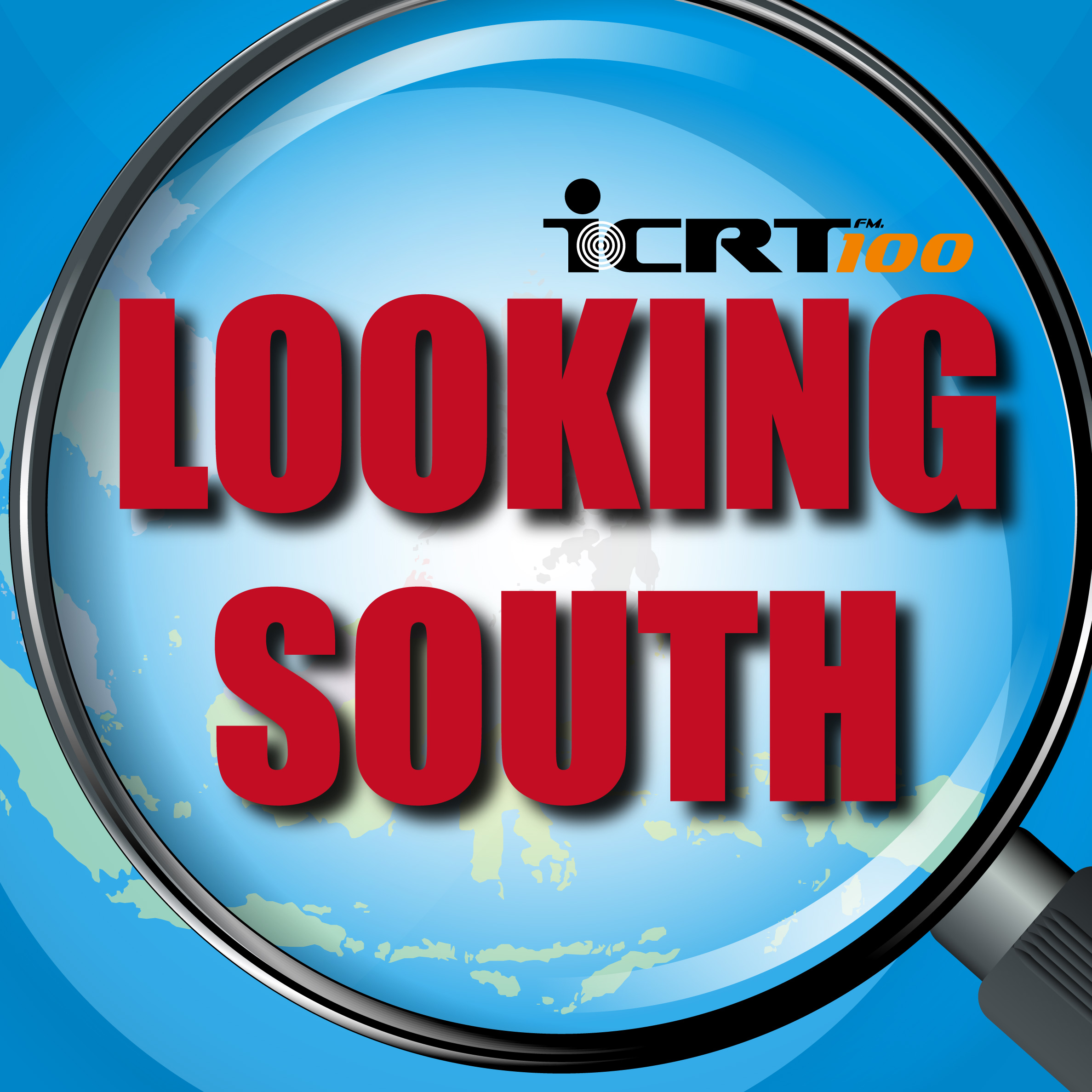In this installment of Looking South, Eric Gau chats with Industrial Development Bureau Secretary-general Pei-li Chen about industrial collaboration between Taiwan and New Southbound Policy Target Countries.
Transcript:
Eric Gau: Good morning everyone. I’m Eric Gau, and this is Looking South, ICRT’s special program exploring the government’s New Southbound Policy and its effects on Taiwan’s economy. For today’s installment, we have Secretary General Pei-li Chen of the Industrial Development Bureau, under the Ministry of Economic Affairs, to talk to us about industrial collaboration between Taiwan and New Southbound Policy target countries. Secretary-general Chen, good morning.
Pei-li Chen: Good morning.
Eric: Ms. Chen, what is the importance of industrial collaboration to the New Southbound Policy?
Pei-li: The vision of the New Southbound Policy is to create a new, mutually-beneficial cooperation model. To achieve this vision, we have been promoting four strategies, which include economic and trade cooperation, resource-sharing, talent cultivation, and regional links. Under the pillar of economic and trade cooperation, industrial collaboration plays a very crucial role in the New Southbound Policy. As you may know, the scope of the industrial collaboration is quite broad. It covers trade, investment, technology transfers, and so on. So what we are trying to do is to assist Taiwan’s industries set up a cooperative platform with ASEAN countries, so that our industries can search for new partners and start to have business talks with ASEAN countries. Our model right now, we call it “private sector leads, and government supports.” By doing so, we hope we can start up a new, beneficial relationship with ASEAN countries.
Eric: You just mentioned ‘a beneficial relationship’. What sort of benefits with this cooperation bring to Taiwanese companies?
Pei-li: I think there are three kinds of benefits. First, for Taiwanese companies, they would enjoy the chance to have access to bigger overseas markets for either their products or services, and also to expand their business operations. Taiwan’s market is relatively small, while the ASEAN market is not only seeing a fast-growing number of middle-class consumers, but also enjoys the benefits of bilateral or multilateral trade agreements. Secondly, expanded business operations are likely to encourage more investment and innovation, further strengthening Taiwan’s overall industrial value chain accordingly. Lastly, and very importantly, for Taiwan’s SMEs following our platform, Taiwanese companies can not only find new market opportunities and partners in ASEAN countries, but they can also reduce their uncertainty while doing business with these countries.
Eric: What kind of collaboration projects have been going between Taiwanese firms and their counterparts in New Southbound Policy target countries so far?
Pei-li: As demands from individual countries are quite different, our collaboration projects take various forms, such as design consultation, joint talent training programs, development of industrial parks, and customization of ICT solutions.
Eric: Can you give our listeners a few examples of the most promising industrial collaboration deals that you’ve seen so far?
Pei-li: I think one may be the case of industrial park development. The Indian government right now is promoting the policy of ‘Make in India’ or ‘Digital India’. To promote the manufacturing of smart phones in India, the Indian government already increased the tariff rate on smart phones. So many international smart phone makers have already gone to India to establish their smart phone factories. Therefore, we have assisted one Taiwanese industrial park developer to develop industrial parks in Bangalore so that Taiwanese companies can locate their factories together and expand their operational scale. Another case is on personnel training. Indian engineers are very famous for their high quality. One very famous Taiwan IC design company held a six-week training program with Indian engineers on smart phone design and development in Taiwan. This program is a win-win strategy case. For the Indian side, after the training course, they learned how to design smart phones so they can realize the goal of ‘make in India.’ And for the Taiwan side, these Indian engineers will become the best ambassadors of Taiwan, because they know Taiwan’s industry and they know where to source Taiwan’s smart phone parts, like modules, panels, cases, and so on. So right now, my bureau, we are planning an institutional arrangement so that training programs can be held annually in Taiwan. We would also like to encourage more and more Taiwanese companies to participate in this program. Moreover, we keep assisting Indian students in Taiwan to have training opportunities in ICT companies, so that Taiwan companies get the chance to know more Indian students and even recruit them to work in Taiwan.
Eric: You kind of touched on this earlier, how can other Taiwanese firms get involved in international industrial collaboration, or what can they learn from other company’s leads so far?
Pei-li: The mission of my bureau, the IDB, we are promoting the development of industry in Taiwan. So when we are dealing with our industries, we found that experience and connections are crucial when conducting industrial cooperation with ASEAN countries. The IDB already launched an industrial cooperation mechanism with Indonesia, India, Thailand, Malaysia, Philippines, Vietnam, and Myanmar. We combined the efforts of enterprises, associations, government departments, and thinktanks to assist Taiwan enterprises to start their business with ASEAN countries. For Taiwan’s SMEs, they may exchange views and experience, and co-share the connections we already established by participating in our platform. And last but not least, I think that joining our forum will be a good starting point for companies that are interested in getting involved with the New Southbound Policy.
Eric: We’ve been chatting this morning with Industrial Development Bureau Secretary-general Pei-li Chen. Director-general, thank you for taking the time to join us on the air today.
Pei-li: Okay, thank you.
Eric: That’s it for today’s installment of Looking South. For this and past episodes, head on over to the ICRT web site, where you can find the podcast of the series. I’m Eric Gau, and we’ll see you back here for the next interview next Monday.
